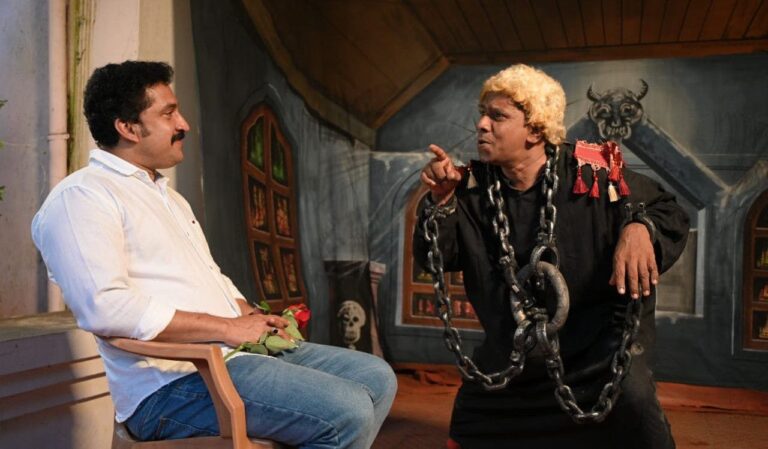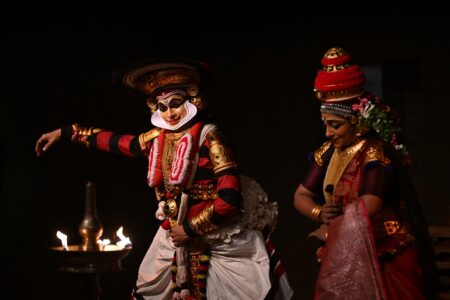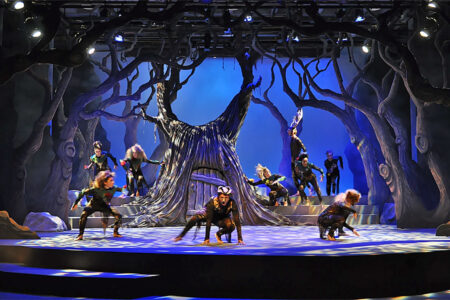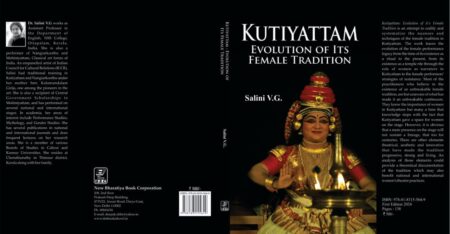A Kerala-based theatre group, Ranghachethana, is aiding fellow artistes in times of the Covid-19 pandemic, one performance at a time.
The theatre is so endlessly fascinating because it is so accidental. It is so much like the life,” said American playwright Arthur Miller in an interview. While giving the interview, Miller may have had a different context to his statement. However, his words are relevant even today – theatre is accidental, and so is life. And never have our lives taken the accidental turn than during the days, weeks and months following March 2020 when the world ground to a halt. Life was put to a standstill and so was theatre. Stages all over the world slept in silence. Faders were pulled down. The orchestra stopped. Thousands of people who had made a living out of the stage lost their jobs. The theatre persons all over the country, all over the world were facing a strife that they had never faced so far. They had no stages, no income. Though the crisis had hit all the performing artistes, a section of the dancers and musicians tried to overcome the strife by going digital, offering online classes and workshops. But for the numerous theatre persons who were working at local theatre groups who were not digitally savvy or those who were not adept in offering online lessons, the days were bleak. In some countries, the governments extended a limited support. In many countries, nothing.
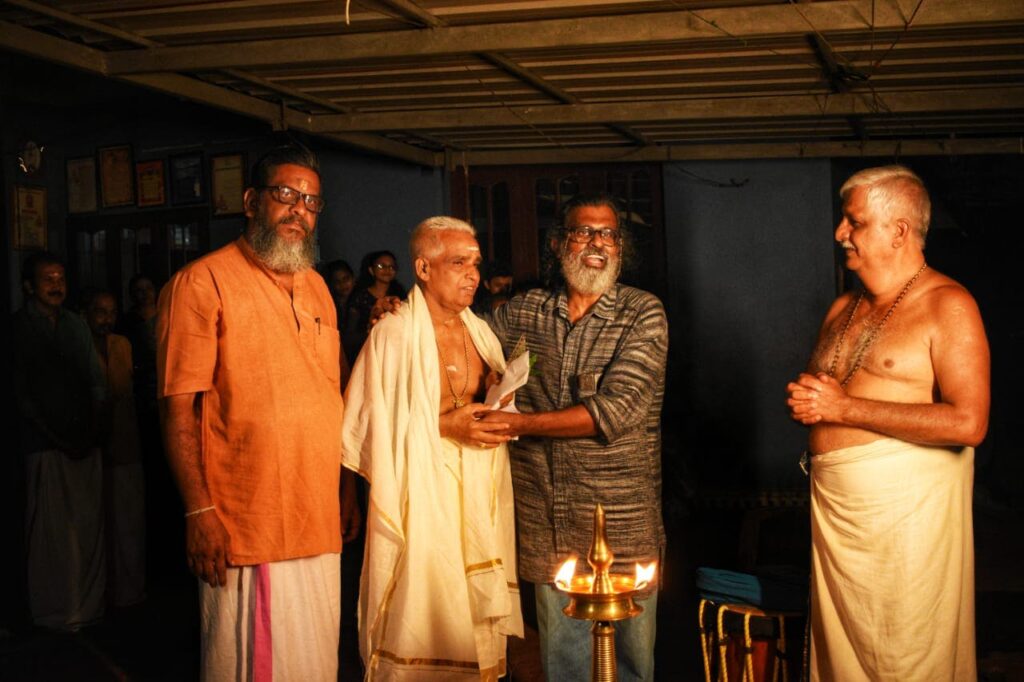
Unfortunately, we live in a culture where the arts are always relegated to the last rungs on the priority scale. And for a society torn with strife, the fate of the artistes hardly mattered. Everyone was suffering. However, in the absence of external support systems, the artistes themselves started to reach out to help each other. Many efforts cropped up from various corners of the world, extending a supporting hand to the fellow artistes. It is in this scenario that a small theatre group from Kerala came up with an idea to help their colleagues. Rangachethana, a 42-year-old theatre group functioning out of Thrissur, started the programme ‘Athijeevanathinay Rangachethana Live’. In Malayalam it means, Rangachethana Live, for Survival. Not just ‘survival’, the word ‘athijeevanam,’ means ‘to tide over.’ To tide over a bad time. A small gesture to help the fellow human beings tide over the toughest of the times we have ever experienced.
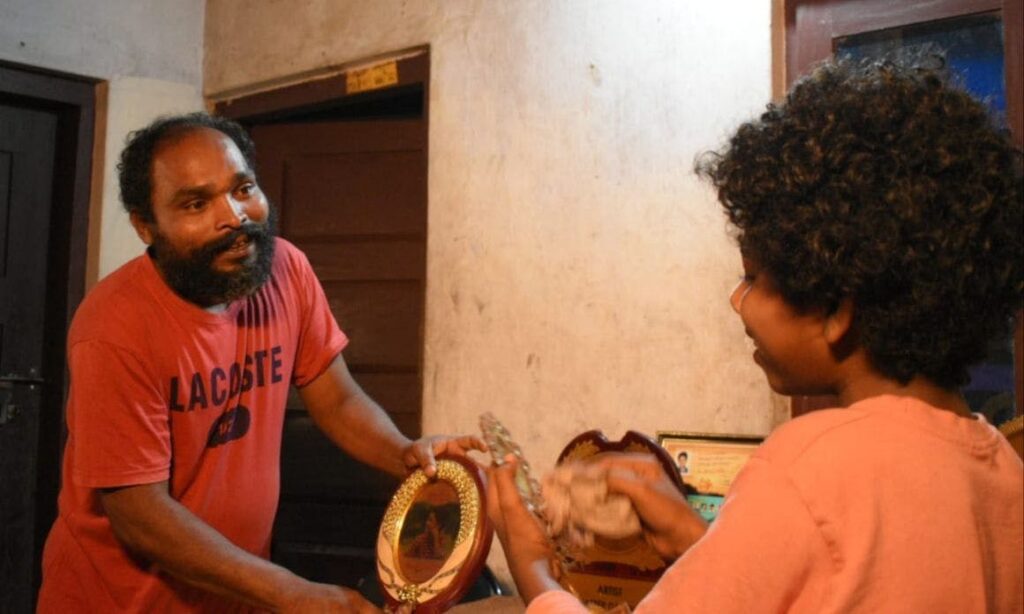
The idea is simple. Offer a small financial support to the theatre persons in Kerala who are struggling to eke a living in the wake of the Covid-19 related lockdown, in turn, denied of venues, performances and income. Rangachethana’s support goes beyond offering financial support. The theatre group is also offering them a venue to perform. And here lies the beauty of this whole initiative. The programme is conducted in strict accordance with the Covid 19 protocol.
The Rangachethana team travels to the homes of theatre artistes and performers. There is only a single spectator for every performance, besides the Rangachethana crew. After a brief introduction by K.V. Ganesh, Rangachethana’s Artistic Director, the performance starts. Afterwards, the day’s guest presents the performer with Rs 10,000 and speaks a few encouraging words. The whole process, right from the introduction, reaches the public through Facebook Live. Indeed, the most inexpensive way to reach the maximum number of audience in these times.
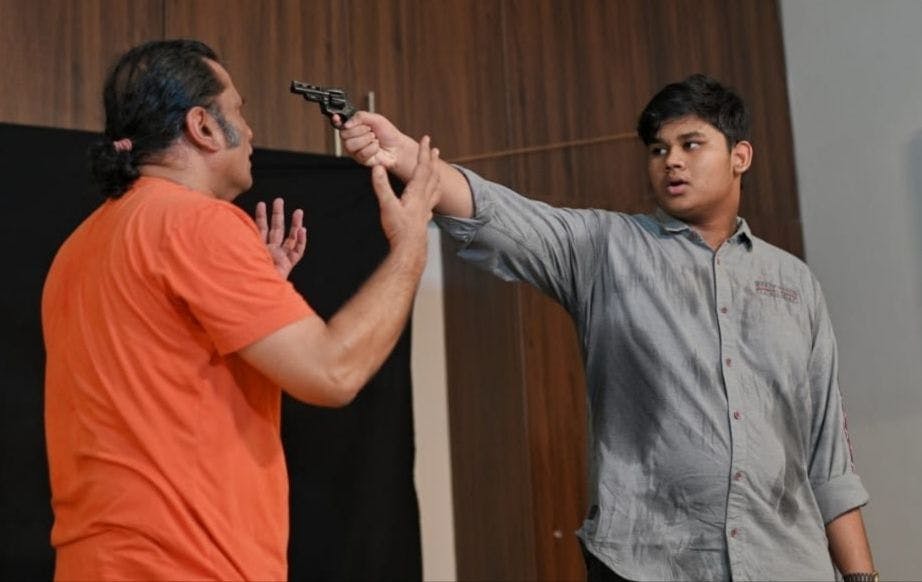
The performances are generally short, lasting 15-20 minutes. Not all the performances are drama-based or directly related to theatre. For instance, one of the shows featured Francis Chirayath, a make-up artiste and an actor, who presented ‘Puliyorukkam,’ painting the body of a ‘Pulikkali’ artiste. At the residence of Ilayamparambil Mani, an ailing senior Ilathalam (an idiophonic instrument like the cymbals) performer, a short melam ensemble presented by his disciples and family members was enhanced when the great maestro Peruvanam Kuttan Marar, who was the guest of the day, joined with his chenda, a cylindrical percussion instrument.
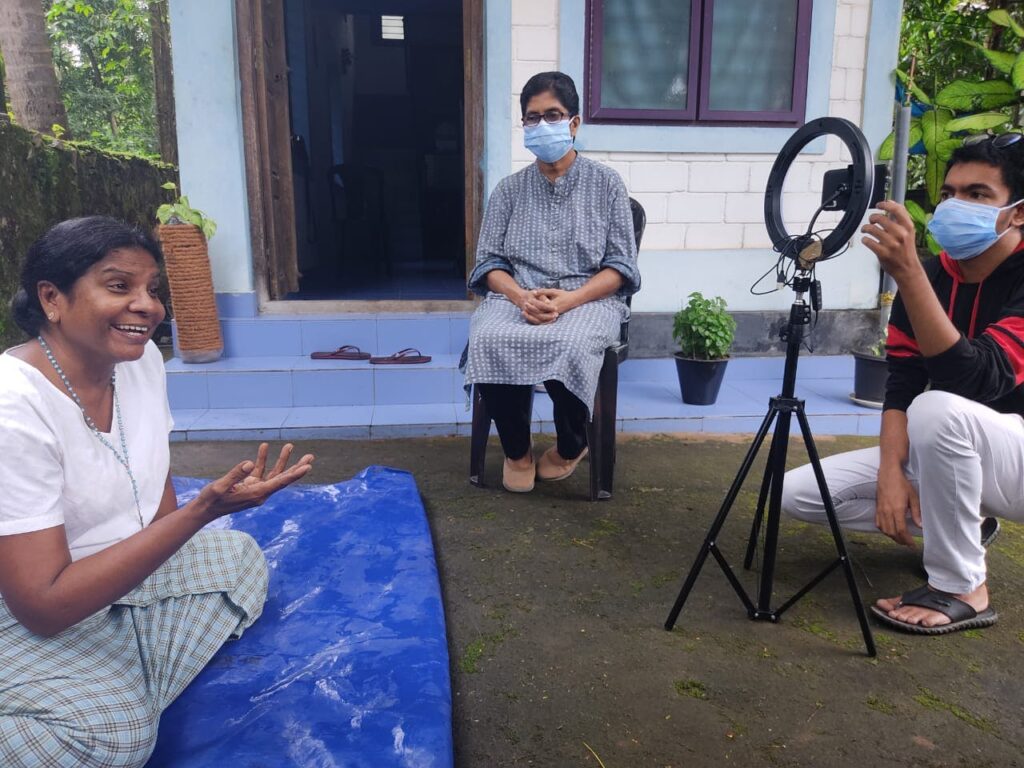
Rangachethana raises the funds for this project from the public. “We were hoping that each person who watches the Facebook Live would make a contribution of at least Rs 10,” says Ganesh. “In that case, we could have raised more than Rs 6 lakh by now, as we have got more than 60,000 viewerships so far. But we could collect only Rs 2,42,310.” Still, it is a huge sum to have raised by a single theatre group. So far, the project has reached 18 venues or homes of performers and 17 of them were given the honorarium. Hareesh Peradi, a well-known theatre and film actor, welcomed the Rangachethana team into his home for a performance by himself and his son and made a contribution of Rs 10,000 towards the project.
The theatre group was inaugurated in 1980 by Prof. G. Sankara Pillai and boasts of an unbroken track of theatre activities over the years. In fact, they do not believe in ticketed performances. “We want to offer theatre experience to everyone. Some one who can not afford a ticket should not be denied entry,” explains Ganesh. Instead, they place a bucket at the entrance. This bucket collection has been the mainstay of the theatre group so far. “This time, on the virtual platform, we are doing a virtual bucket collection,” he said. ‘Anyone can watch the play, and those who are willing, can contribute.”
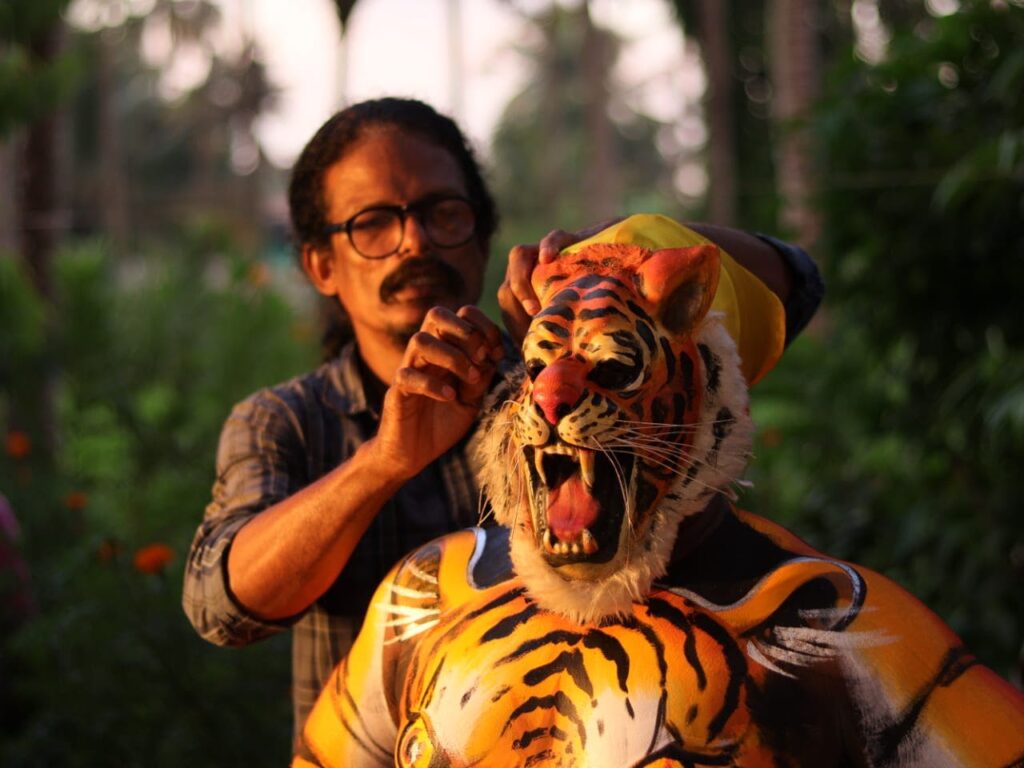
The 19th performance of Rangachethana’s project took place a few days ago, on October 1, at the residence of M.K. Madhavan, a Thottam Pattu and Kalamezhuthu artiste near Irinjalakuda with theatre artiste Saju Chandran as the guest. “Our target is to reach 100 households. But to reach that target, we would need to get more support from the public,” says Ganesh.

